|
Things have been intense recently. I've barely had time to read or listen to anything, so I'm cheating and using a nonfiction book I read ten years ago, The Amityville Horror (1977).
In 1974, a house in Amityville, NY was the site of a several gruesome murders. In 1975, a family of five moved in: two parents, three kids. They lasted not quite a month before fleeing in terror. Jay Anson describes the haunting in detail while allowing the reader to choose their own interpretation. If you are a skeptic about paranormal phenomena, you can walk about with your doubts intact (though perhaps slightly weakened). If you are a devout Catholic, you can read about the priest's attempted exorcism without feeling trivialized. To my own great regret, I am impervious to terror from written horror. Too much Stephen King, too young, ruined everything else for me. I am pretty sure though that normal people find this book scary, and I can truthfully say that it is atmospheric and entertaining. And for audiobook enthusiasts, Ray Porter's voice is gritty and noirish, the perfect delivery for the story.
0 Comments
Laird Barron writes horror with more literary flair than normal, like Henry James but with satanists. In more contemporary terms, his style reminds me of John Langan or John Horner Jacobs, people who take care with their prose but who aren't afraid to throw around shapeshifters or occultists to keep the peasants in line.
The Beautiful Thing That Awaits Us All is a collection of longish short stories set primarily in the American Pacific northwest. My favorite was "The Hand of Glory," which reads more like prohibition noir than horror, at least till the twist at the end. If you've ever enjoyed one of Stephen King's gangster stories, you'll like this--same boozy atmosphere where life may be cheap but the dames ain't. Are these stories scary? My scare meter broke a good thirty years ago. The same way chronic smokers can't taste spice in their curry, I can't detect terror in my fiction. But I found them enjoyable, especially as narrated by the hardboiled voice of Ray Porter, who also did a standup job with the Amityville Horror. More on that next week, I think... Though best remembered for Fahrenheit 451 and The Martian Chronicles, Ray Bradbury wrote across many genres and for many ages. The Halloween Tree (1972) is a horror/fantasy Young Adult novel that I probably would have enjoyed as a kid. Alas.
One Halloween, a group of eight boys find themselves taking a spooky tour across space and time to learn the origins of Halloween, which [insert convoluted, unconvincing plot explanation here] is necessary to save the life of the ninth boy, Pipkin. Bradbury lavishes praise on Pipkin, using over-the-top descriptions to paint him as the best possible boy to have ever walked the earth. I was reminded of Melville's ultra horny descriptions of Billy Budd. There is nothing sexual in Bradbury's portrait--I cannot point to any one line or paragraph that is inappropriate--but taken together, I felt uncomfortable about the intense scrutiny and effusive compliments directed toward an adolescent. Maybe someone else who's read this book can let me know if I'm being too sensitive. So I can't really say I recommend it. Kirby Heyborne did a great job narrating, though, considering there were ten characters and none of them were women. The Empress of Salt and Fortune is a hell of a good book, the first of a series of four historical fantasy novellas by Nghi Vo. You know from the start it's going to be good because the main character is an archivist. As a cleric, Chih is responsible for recording oral history. Their interviewee is an older woman, Rabbit, who recalls attending the empress in her youth.
Some people are good writers and some people are good storytellers and the overlap of those two groups is not as big as you might expect. Vo does both things right. The style of the prose is pitch-perfect. The rhythms and inflections make you feel like you're sitting by the fire. The plot is palace intrigue and adventure and scheming. It's hard not to compare Vo to Becky Chambers, who also writes a speculative fiction series of character-driven novellas with a nonbinary protagonist, starting with A Psalm for the Wild-Built. I was also reminded of Leigh Bardugo's fable-inflected prose. Or you could compare it to Friend Green Tomatoes. A member of the younger generation interviews an older woman who recalls her friendship with another woman. They struggle to survive in a world run by abusive men, and you can never fully decide whether they were friends or lovers. (That's the movie. It's been decades, but if I recall correctly, their relationship in the movie was ambiguous and their relationship in the book was Yep We're Lesbians Now). This hit all the right notes. I need to finish listening to Cindy Kay narrate the rest of the series (I'm in book 2 currently) so I may have to skip next week's book talk. Actually yeah, that's a good idea regardless. I'm traveling to North Carolina for a few days next week, so it's a convenient time for a break. Everyone enjoy the first day of decorative gourd season! Out of professional interest--first as a librarian, now as an editor--I turned to The Storytelling Animal: How Stories Make Us Human, by Jonathan Gottschall. Also I turned to it because the audiobook lasts only five hours and I didn't have much time for pleasure reading this week.
I liked the somewhat different approach here. There are tons of books about the joys of reading, and this is the first I've encountered that looks at the role of storytelling in human evolution. Though this is not a science text, I don't normally see this much science and psychology alongside my literary criticism. Storytelling, Gottschall argues, is an adaptive trait that helps us practice conflict and novelty in a safe way--not only in the stories we consume deliberately, but also in the dreams we conjure at night. Stories communicate culture and values. Think sacred texts that unite members of religious communities. Or think Peter Benchley's Jaws. Following the release of Spielberg's movie, beach vacations plummeted, thanks to the shared cultural understanding that sharks will eat you. Recommended if you need a quick, diverting read that will flatter you for being more empathetic than people who do not read books. (The pro-social benefits of reading, especially with fiction, have been amply demonstrated in studies.) Narrator Kris Koscheski was fine, but disclaimer, he's in that school of audiobook narration that applies accents to real people. For example, when he was quoting George W. Bush, he took on a Texas twang. I expect accents in my narrated fiction but they irritate me in narrated nonfiction. hadn't seen Breakfast at Tiffany's (1961), which is impossible, but it's such a cultural touchstone that I knew what to expect. I knew the main character was a socialite called Holly Golightly. I knew she had a cat named Cat.
I will admit I was mistaken about one thing. As far as I know she does not have a friend named Tiffany. I intended to dislike this book for two reasons. First, I am tired of the sort of female character whom everyone indulges, despite her poor behavior, because she is whimsical and pretty. Natasha from War and Peace is another one like that. I don't know if I mentioned I read War and Peace. I did, earlier this year actually. Second, it is literary fiction. Literary fiction is a genre where characters reflect on thoughts. Ideally the characters do this reflecting in New York City. Otherwise the book is not eligible for literary awards. Attractive young girl about town muses on life in the city and goes riding with her horses and people love her even though she kind of sucks. This is not a book I should like. This is the opposite of a book I should like. But there's a scene where Holly and the narrator shoplift some Halloween masks and I felt like I was right there with them, running on the sidewalks with my stolen mask. For literary style, character development, and atmosphere, Truman Capote reminds me of J. D. Salinger and Raymond Carver, who are obvious comparisons, and Madeleine L'Engle, who is not--but she wrote some novels that had nothing to do with time travel but lots to do with New York. I enjoyed Michael C. Hall's audiobook narration. And for those of you with the same earworm, the group was Deep Blue Something and the year was 1993. It sounds like 1993, doesn't it? Like yeah, that's what life sounded like then. On the one hand, Consider Phlebas is a smart, fast-paced opener for The Culture books, an acclaimed science fiction series by Iain M. Banks. On the other, there are two stereotypes all tied up in one villain package. One of the villains is a Jabba the Hutt knockoff who invites us to equate corpulence with corruption. Then audiobook narrator Peter Kinney comes along to give him the voice of an effete homosexual. Banks strikes me as an intelligent writer, and Kinney is one of my favorite narrators, so I am mad at both of them.
And before you go telling me how Things Were Different back then, the book's pub date is 1987. The moon landing was old enough to vote. So to enjoy this book, you'll need to have tolerance for some unfortunate stereotypes, and you'll need to have a stomach made of steel, because there is one scene that is revolting. I have a high tolerance for reading disgusting things and I about lost my lunch. If you're still with me, this is a fun space opera. I see why it endures on Best Of lists, and I expect I'll continue sampling from The Culture books. This is not the kind of science fiction that makes you contemplate your own humanity. It's the other kind. the SPACE LASERS kind. I had fun getting lost in Brent Weeks's Night Angel trilogy, starting with The Way of Shadows. In the slums of a city where crime lords hold the power, a street urchin named Azoth tracks down the deadliest assassin the world, Durzo Blint, and begs to become his apprentice. Blint reluctantly agrees to train Azoth, but only if he first kills the sadistic leader of his street gang.
Weeks makes ample use of fantasy tropes. That kid living on the streets? Spoiler, he's the chosen one. His teacher is a worn-out assassin, grown cynical and weary after these many years of being alone; his girlfriend is a young, morally pure woman who acts as an externalized conscience; his mother-figure is a hooker with a heart of gold. Other fantasy elements will be familiar, such as legendary enchanted objects and mad wizards. I'm generally okay with this as a reader. One of the joys of genre fiction is seeing how different authors handle different genre conventions. But there are some tropes that could stand to go into retirement, notably: Violence against women as the plot device that motivates the main character to achieve his destiny. I enjoyed the adventure and careful plotting within the books. These are not advisable if you prefer to avoid violence, but if you can tolerate some squicky scenes, these are adventure-filled, plot-driven stories that will satisfy the itch when you want action and magic. I particularly recommend the audiobooks, since Simon Vance is such an enjoyable narrator. I listened to a classic of science fiction, The Lathe of Heaven (1971), written by Ursula K. Le Guin and narrated by George Guidall, easily one of my favorite voice actors.
George Orr transforms reality through the power of his dreams. He's terrified each time he falls asleep because he can't control what he dreams. No one else realizes it's happening. Each time George dreams up a new reality, everyone else enters the new continuum unwittingly. His only ally is his psychiatrist, who is secretly developing a dream machine that will replicate George's powers in other people. This is what science fiction was made for, to help us consider alternate realities, the nature of dreams, and parallel universes. I give Le Guin full marks for investigating these concepts. But I didn't like the book. I find Le Guin to be humorless and largely unemotional. The characters felt flat and the prose was dry. There was nothing wrong with it, but the stylistic choice to be deadly serious did not suit me. I have similar criticisms about many, many, many science fiction books, especially those written in the twentieth century. The science fiction writers I love best--Connie Willis, Martha Wells, Becky Chambers, Tom Holt, Tamsyn Muir--can manage thought-provoking speculation without treating character development like an embarrassing hookup they'd really rather forget. I've been similarly disappointed by Le Guin's fantasy--The Wizard of Earthsea bored me as a teenager--though I did enjoy The Left Hand of Darkness, a pioneering novel about gender. And the short story "The Ones Who Walk Away from Omelas" is terrific. I recommend that as an entry point for anyone wanting to try Le Guin. For those wanting to learn more about alternate realities and the interconnectedness of everything, you could take psychedelic drugs like mushrooms or LSD, only those are illegal in most places to please don't construe this as legal advice. A generally less criminal approach would be reading classic authors like Philip K. Dick (only I haven't read him yet, given my prejudice against 20th century speculative fiction writers), or you could read "The Life of Chuck," a Stephen King short story I read last year that I still haven't recovered from, it was that good. Retired from the Brussels police force, M. Hercule Poirot has settled into obscurity in a sleepy little English town--but when a wealthy local man turns up murdered, he is not exactly reluctant to get back into detective work.
I admit I did not guess whodunnit. I had to wait like everyone else gathered in the parlor to learn the identity of the killer. Christie eventually tired of Poirot, but the public clamored for him. He is eccentric and pompous, with quite a high opinion of himself, but justifiably so. I don't feel moved to read the Miss Marple books, but I think I'll read some more Poirot mysteries. I recommend the audiobook narration by Hugh Fraser (who played Captain Hastings to David Suchet's Poirot). |
Book talks
When Covid first hit, I started doing book talks on social media as a way to keep in touch with people. I never got out of the habit. I don't discuss books by my clients, and if I don't like a book, I won't discuss it at all. While I will sometimes focus on craft or offer gentle critical perspectives, as a matter of professional courtesy, I don't trash writers. Unless they're dead. Then the gloves come off. Archives
February 2024
Tags
All
|

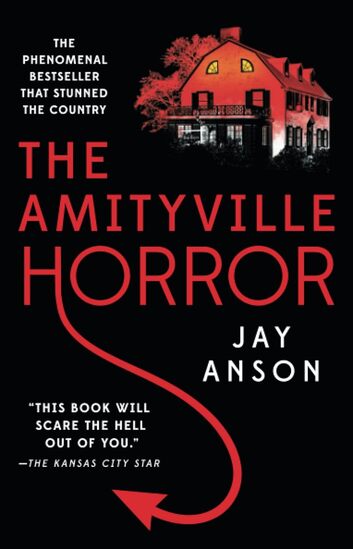
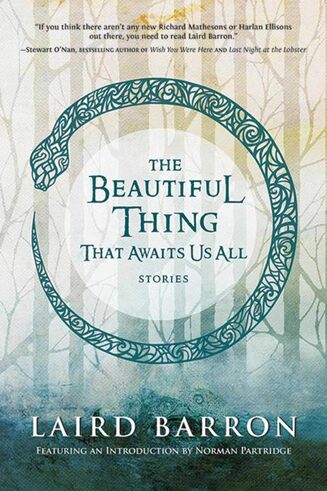
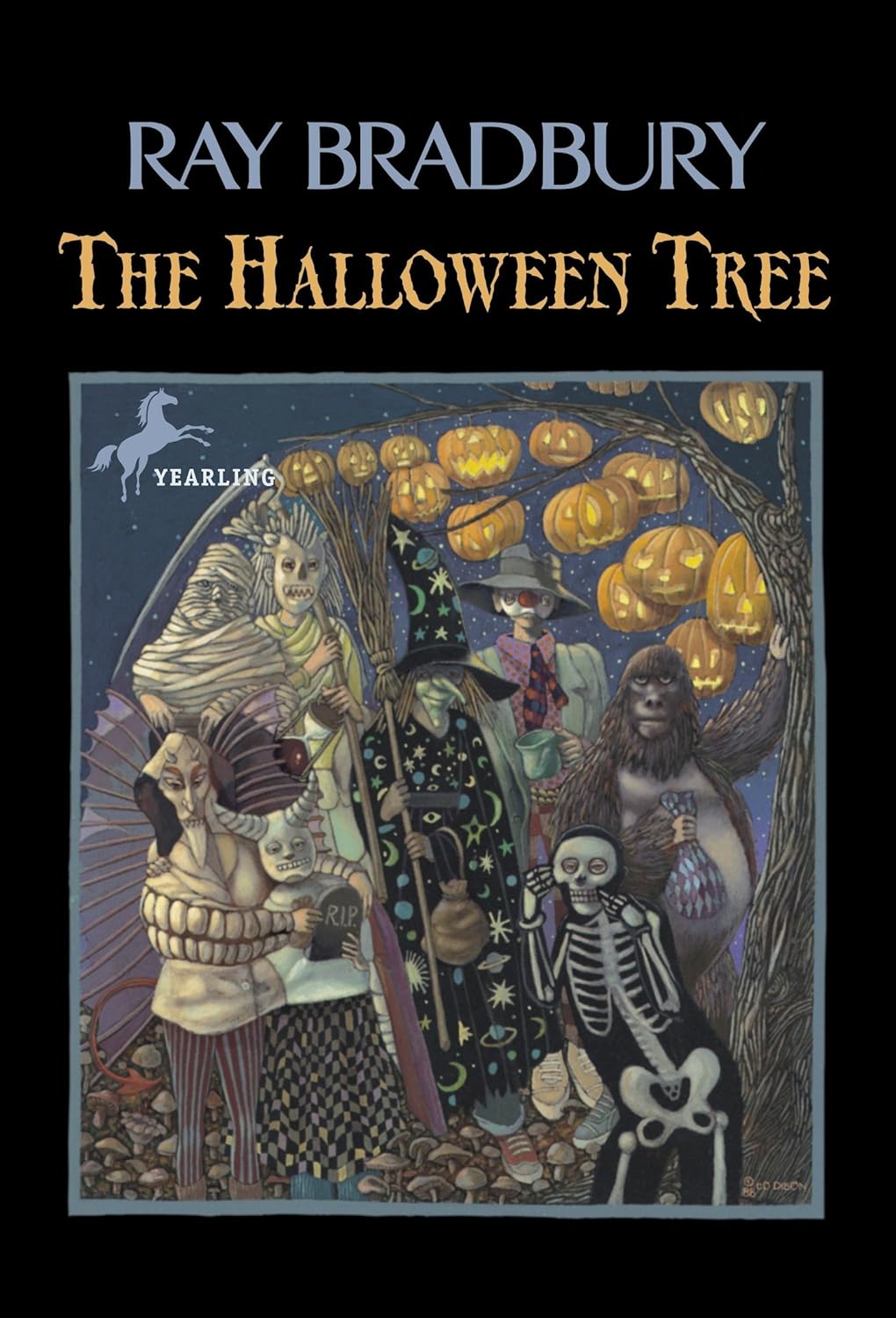
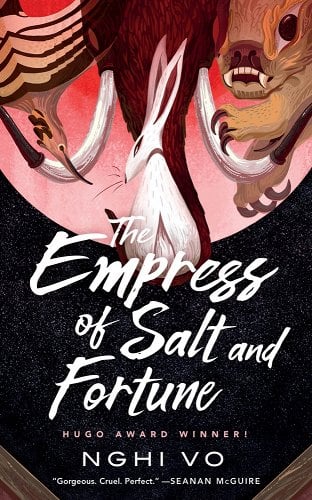
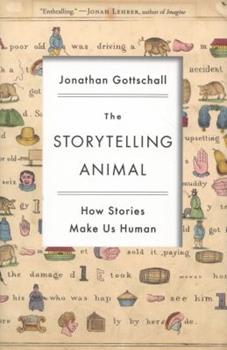
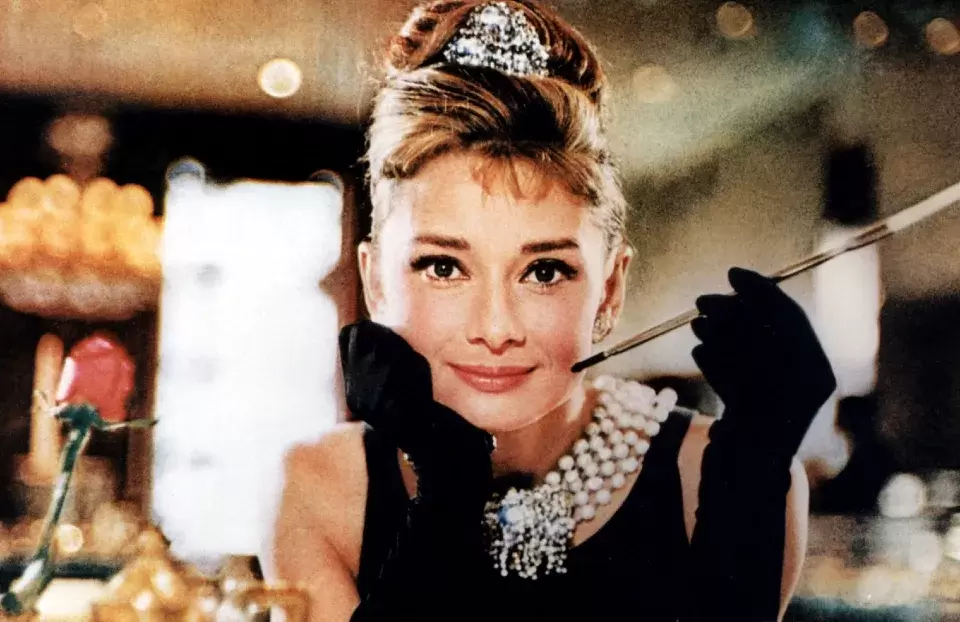
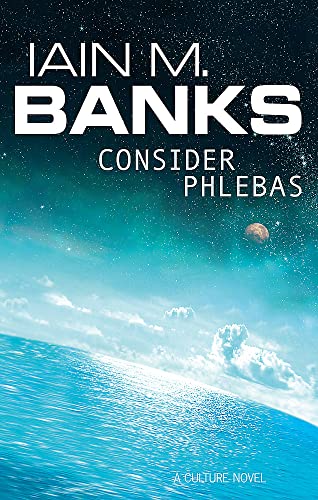
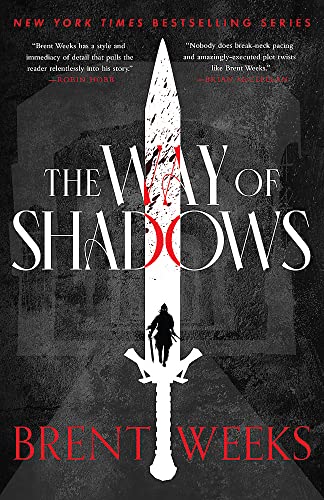
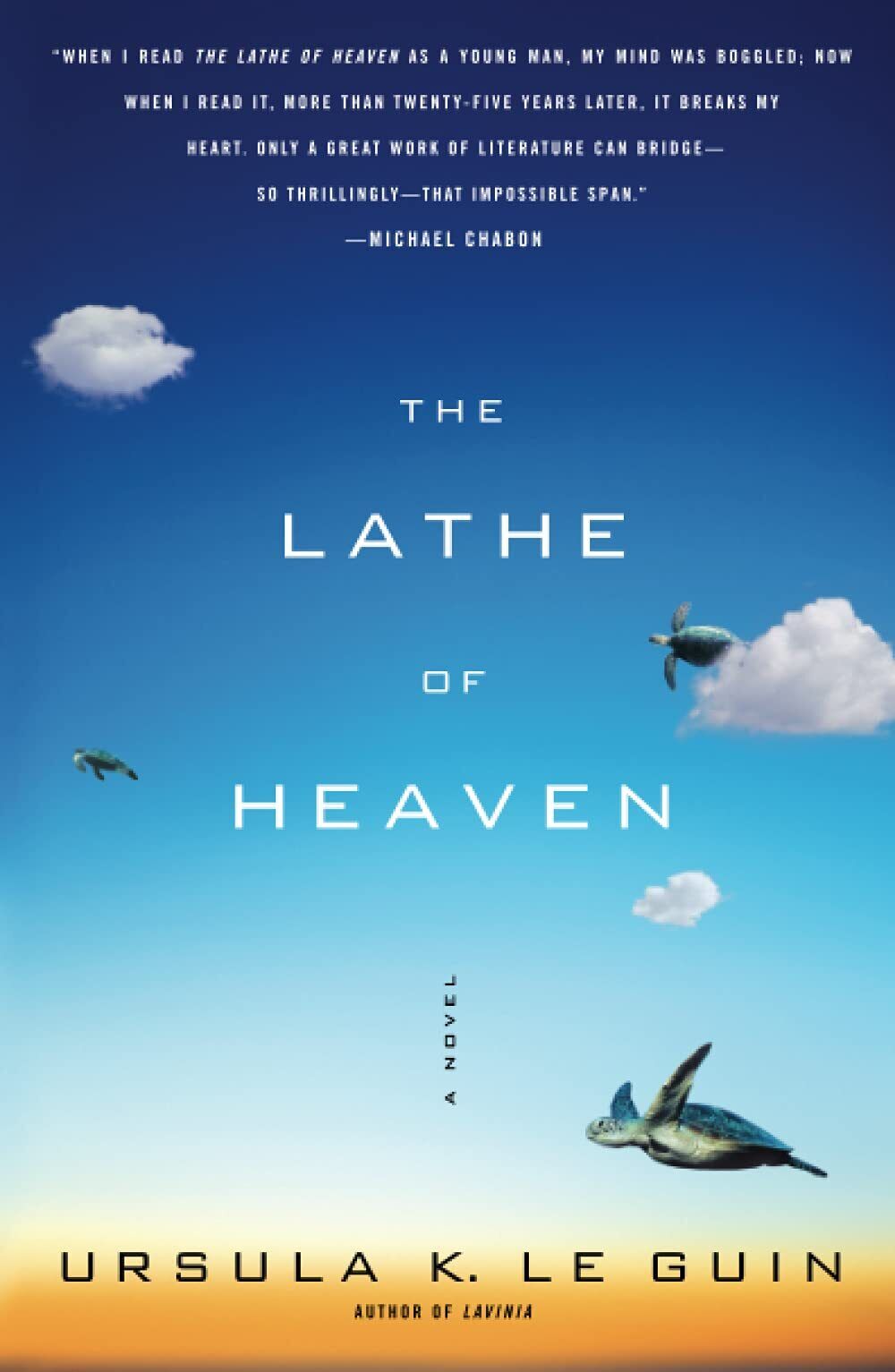
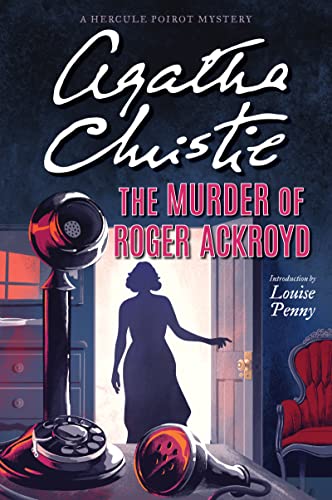
 RSS Feed
RSS Feed